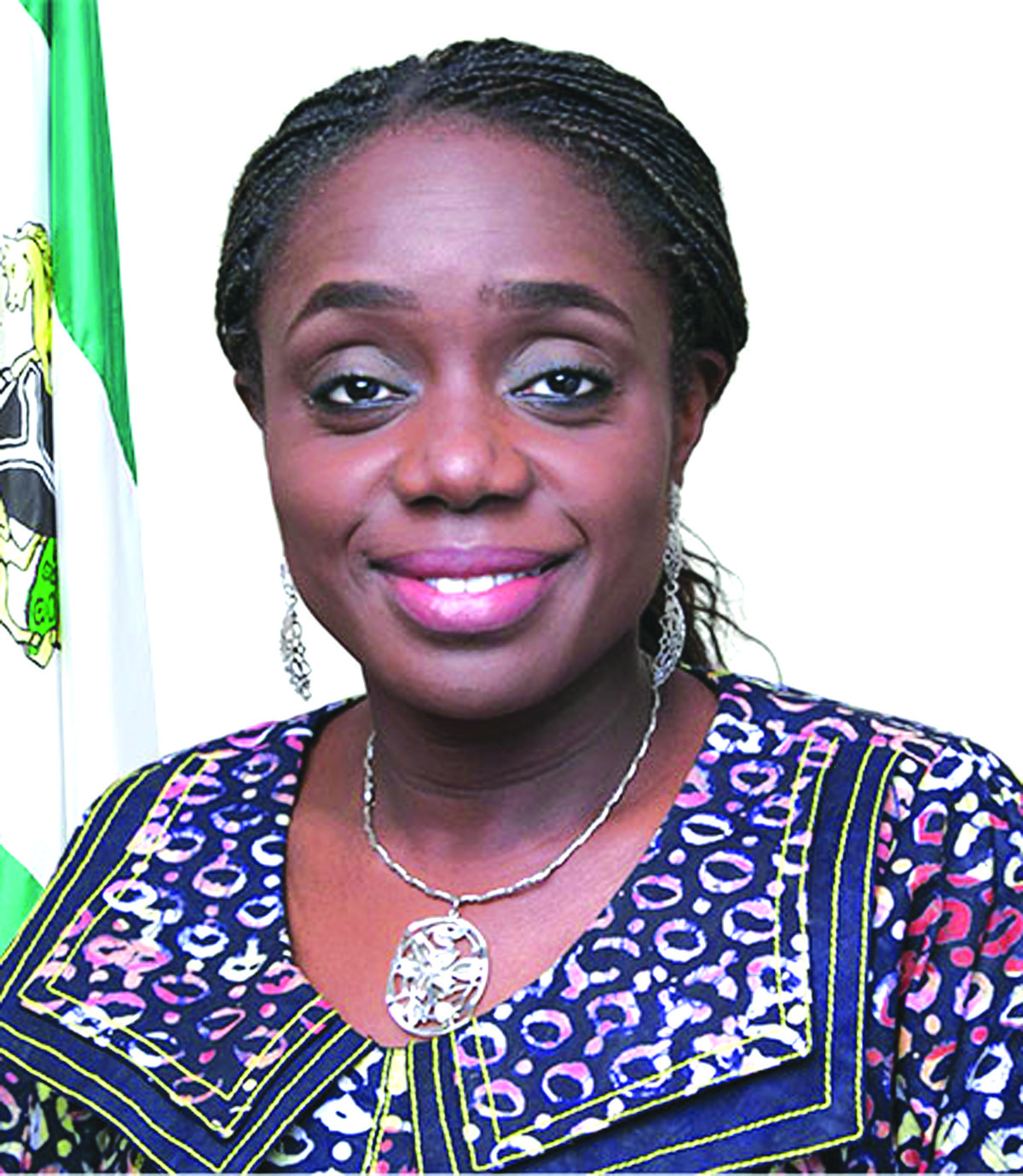 The recent two-day National Economic Council Retreat held on March 22 and 23 ended with something to cheer about for Nigerians. The good news? The Federal Government plans to boost the economy with the injection of N350 billion. The money is expected to be released between April and June 2016. Mrs Kemi Adeosun, Minister of Finance, summarizes the purpose of injecting the N350 billion as follows: To reflate the economy by making it more liquid; pay government contractors to enable sacked workers to get back to project sites, and revive the implementation of capital projects.
The recent two-day National Economic Council Retreat held on March 22 and 23 ended with something to cheer about for Nigerians. The good news? The Federal Government plans to boost the economy with the injection of N350 billion. The money is expected to be released between April and June 2016. Mrs Kemi Adeosun, Minister of Finance, summarizes the purpose of injecting the N350 billion as follows: To reflate the economy by making it more liquid; pay government contractors to enable sacked workers to get back to project sites, and revive the implementation of capital projects.
The highlights of the decisions that emanated from the economic council’s meeting include the reduction of Universal Basic Education Council (UBEC) counterpart funding from 50 percent to 10 percent to enable state governments save N58 billion; the reduction of the number of political appointees by state governors; the promise of better pay for Customs officers to motivate their productivity and revenue drive; as well as diversification of revenue sources by governments. Others are: increased investment in infrastructure through the Public Private Partnership (PPP); the repositioning of the Bank of Agriculture and the dropping of duties on agriculture equipment; as well as seeing that federal and state governments collaborate to ensure the sustainability of the school feeding and other social protection programmes.
Adeosun further sheds light on the N350 billion to be pumped into the economy in the forthcoming months. “We explained our rationale and the processes that we have put in place, safeguards to ensure that this money actually achieves the desired objective, which is to stimulate the economy. We are already discussing with some of the contractors who will be paid these monies and the objective from the overall criteria is how many Nigerians would be re-engaged, she says. According to her, the federal government is “specifically looking at contractors who have laid off staff and how many Nigerians are you going to put back to work as a result of this money that we are planning to release and we believe that this would bring significant economic activity.”
The retreat also agreed on the need to have a business and commercial approach to revenue generation. Perhaps, the need to demonstrate business sense in revenue drive might have informed the decision to increase the salaries of the personnel of the Nigeria Customs Service (NCS). The government has realized that N50,000 monthly salary is too meager for a custom officer saddled with the responsibility of hauling in N2 million revenue per month.
Adeosun also justifies the council’s decision to reduce state government’s counterpart contribution to the UBEC from 50 percent to 10 percent. The council believes that this would enhance the ability of the states to access more funds to rebuild dilapidated classrooms in over 1000 primary schools.
By Dike Onwuamaeze


